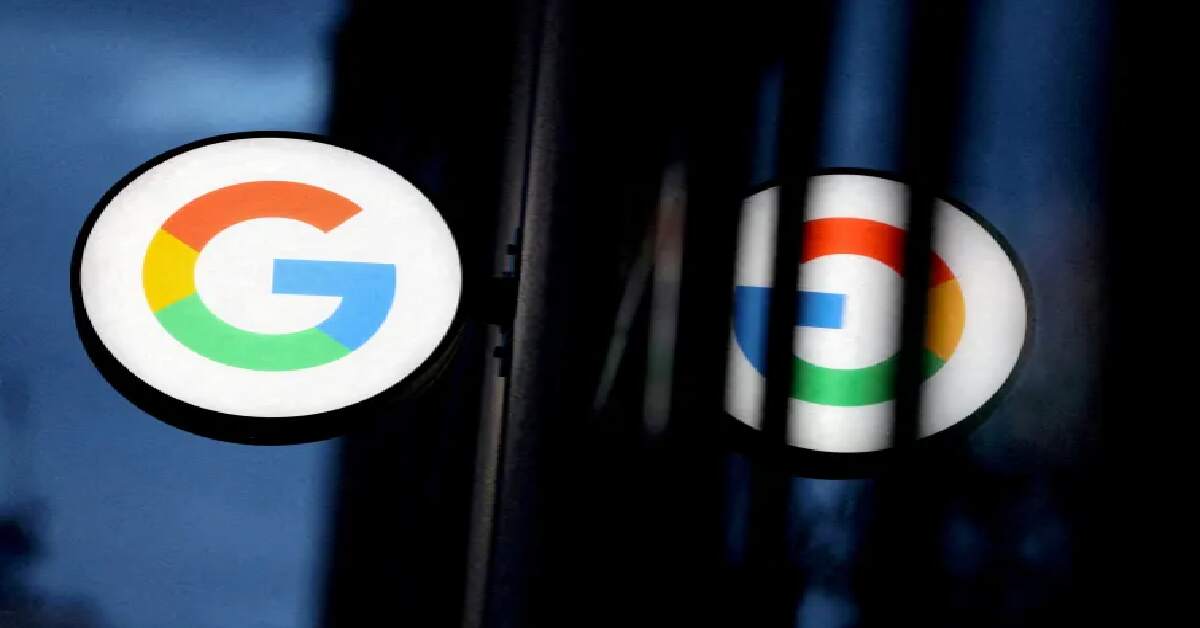Eye News Desk
Google has launched ChatGPT competitor Bard in the US and UK

Google has unveiled BARD, an AI chatbot designed to compete with OpenAI’s ChatGPT and Microsoft’s chatbot in their Bing search engine. In a blog post, Google describes Bard as an early AI experiment to enhance productivity, accelerate ideas, and foster curiosity. You can use BARD to get tips, explanations, or creative assistance in tasks such as outlining blog posts.
With BARD, Google aims to solidify its presence in the AI chatbot space while maintaining its dominance in the search engine market. BARD is powered by a research large language model (LLM) – a lightweight and optimized version of LaMDA. It will be updated with more advanced models over time. As more people use LLMs, they become better at predicting helpful responses.
BARD is designed as a complementary experience to Google Search, allowing users to check its responses or explore sources across the web. Operating as a standalone webpage, BARD consists of a singular question box instead of being integrated into Google’s search engine.
This strategic move is to adopt new AI technology while preserving the profitability of its search engine business. Google’s cautious approach to BARD’s release is in response to the concerns over unpredictable and sometimes unreliable chatbot technology, as demonstrated by competitors. Google recognizes LLMs can sometimes produce biased, misleading, or false information.
To mitigate these issues, Google allows you to choose from a few drafts of BARD’s response. You can continue collaborating with BARD by asking follow-up questions or requesting alternative answers.
Since OpenAI’s release of ChatGPT and Microsoft’s introduction of chatbot technology in Bing, Google has prioritized AI as its central focus. The company’s internal teams, including AI safety researchers, are working collaboratively to accelerate approval for a range of new AI products.
Google’s work on BARD is guided by its AI Principles, focusing on quality and safety. The company uses human feedback and evaluation to enhance its systems. It has implemented guardrails, such as capping the number of exchanges in a dialogue, to keep interactions helpful and on-topic.
However, similar to OpenAI and Microsoft’s chatbots, BARD has not been released to a broader audience due to concerns about generating untrustworthy information and potential biases against certain groups.
Google acknowledges these issues and aims to bring BARD to market responsibly. Access is initially rolling out in the US and UK, with plans to expand to more countries and languages over time. It’s possible to get around the limited rollout with a VPN.
Google requires users to have a Gmail address to sign up and doesn’t accept Google Workspace email accounts.
Read More
- 32 megapixel camera new phone Tecno Spark 10 Pro
- Google Bard now in Bangladesh
- Samsung Galaxy A54 5G: A perfect price fit!
- Tottering from Twitter to Threads
- Elon Musk`s SpaceX hires 14-year-old Bangladeshi-American Kairan
- Refreshing only increases the speed of the computer?
- Twitter lost a huge number of subscribers
- boAt products now officially available in Bangladesh
- The Godfather of AI quits Google; warns of impending danger
- 4 websites to track Cyclone Mocha in real-time






























